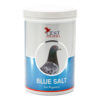Keeping Breeding Birds Hydrated: The Key to Healthy Chicks and Peak Performance
Keeping Breeding Birds Hydrated: The Key to Healthy Chicks and Peak Performance
When it comes to breeding birds, hydration is just as important as nutrition. If you want strong, healthy chicks and productive breeders, ensuring proper water intake and electrolyte balance is a must. Birds, especially during breeding, require more water to support egg production, chick development, and overall health. In this blog post, we’ll break down why hydration matters, how electrolytes play a crucial role, and how to manage water intake to keep your breeding birds in top condition.
Why Hydration Matters in Breeding Birds
Water is the foundation of life, and for breeding birds, it’s even more critical. Here’s why:
- Egg Production: Hydration directly impacts the reproductive system. Dehydrated birds may lay fewer eggs, and the eggs they do lay may have weaker shells.
- Chick Development: Parent birds need to stay hydrated to properly feed and care for their chicks. Without enough water, they can become sluggish and neglect their young.
- Nutrient Absorption: Water helps dissolve and transport nutrients throughout the body, ensuring birds get the most out of their diet.
- Waste Removal: Proper hydration supports kidney function and waste elimination, reducing the risk of toxic buildup in the body.
How Much Water Do Breeding Birds Need?
A bird’s water intake depends on several factors, including temperature, diet, and their stage of breeding. On average, birds drink about 1.5 to 2 times the amount of feed they consume. For example, if a bird eats 100 grams of feed per day, it should be drinking 150 to 200 milliliters of water.
However, water needs can increase during warmer weather, times of stress, or when birds are feeding chicks. If temperatures rise, birds may consume 20-30% more water to stay cool.
The Role of Electrolytes in Hydration
Electrolytes are essential minerals that help regulate fluid balance, nerve function, and muscle contractions. The key electrolytes for breeding birds include:
- Sodium & Chloride: These control fluid balance and help prevent dehydration.
- Potassium: Supports muscle function and overall health.
- Calcium & Magnesium: Important for eggshell formation and chick development.
A lack of electrolytes can lead to dehydration, muscle weakness, and reduced egg production. That’s why providing balanced nutrition and supplementing electrolytes when needed can make all the difference.
Signs of Dehydration in Breeding Birds
How do you know if your birds are drinking enough water? Watch out for these signs:
- Lethargy and reduced activity
- Dry or pale comb and wattles
- Sunken eyes
- Thick or sticky saliva
- Weight loss and reduced appetite
- Less frequent or dry droppings
If you notice these symptoms, act fast! Ensure birds have constant access to fresh, clean water and consider adding an electrolyte supplement.
Best Practices for Keeping Breeding Birds Hydrated
Now that we know why hydration is important, let’s talk about how to maintain proper water intake and electrolyte balance.
1. Always Provide Clean, Fresh Water
Water quality is just as important as quantity. Birds are sensitive to contaminants, so regularly clean water dishes and change the water daily. Using a proper water filtration system can help remove harmful bacteria and impurities.
2. Adjust Water Intake Based on Temperature
During hotter months, birds drink more to cool down. Increase water availability and consider placing additional drinkers around the loft or aviary. You can also add frozen water bottles to drinkers to help keep the water cool.
3. Use Electrolyte Supplements When Needed
If your birds are under stress (breeding, molting, hot weather, or illness), adding an electrolyte supplement to their drinking water can help maintain balance. These supplements restore lost minerals and encourage birds to drink more.
4. Monitor Water Consumption
Keep an eye on how much water your birds are drinking. Sudden decreases in water intake could signal illness, while excessive drinking may indicate a dietary imbalance.
5. Provide Hydrating Foods
Certain fresh foods, like cucumbers, leafy greens, and fruits, have high water content and can provide an extra source of hydration. These should be given in moderation alongside a balanced diet.
6. Reduce Stress Factors
Stress causes dehydration! Ensure your birds have a calm environment with minimal disruptions. Overcrowding, excessive handling, and poor ventilation can lead to unnecessary stress and dehydration.
7. Prevent Water Spillage
If birds frequently tip over their water containers, they may not be getting enough to drink. Secure water dishes properly and choose designs that prevent spilling.
Hydration Tips for Young Birds
Young chicks are even more vulnerable to dehydration. Here’s how to ensure they get enough water:
- Use shallow water dishes to prevent drowning but still allow easy access.
- Dip chicks’ beaks into water when introducing them to the drinking source.
- Keep water sources warm in cold weather and cool in hot weather.
- Monitor chick droppings—dry droppings can indicate dehydration.
Hydration During Breeding Season
During the breeding season, water intake naturally increases. Here are some additional tips to optimize hydration:
- Pair Hydration with Proper Nutrition: A well-balanced diet supports hydration levels and prevents nutritional deficiencies.
- Check for Broody Behavior: Broody hens may drink less, so offer easy access to water near nesting areas.
- Support Males Too: Male breeders also need optimal hydration to maintain fertility and stamina.
The Bottom Line
Proper hydration is a game-changer for breeding birds. By ensuring constant access to clean water, monitoring intake, and using electrolyte supplements when needed, you can boost egg production, improve chick survival rates, and keep your birds in peak condition. Remember, a well-hydrated bird is a healthy bird, and a healthy bird means successful breeding!
“Until Next time Keep Them Healthy And Flying”


